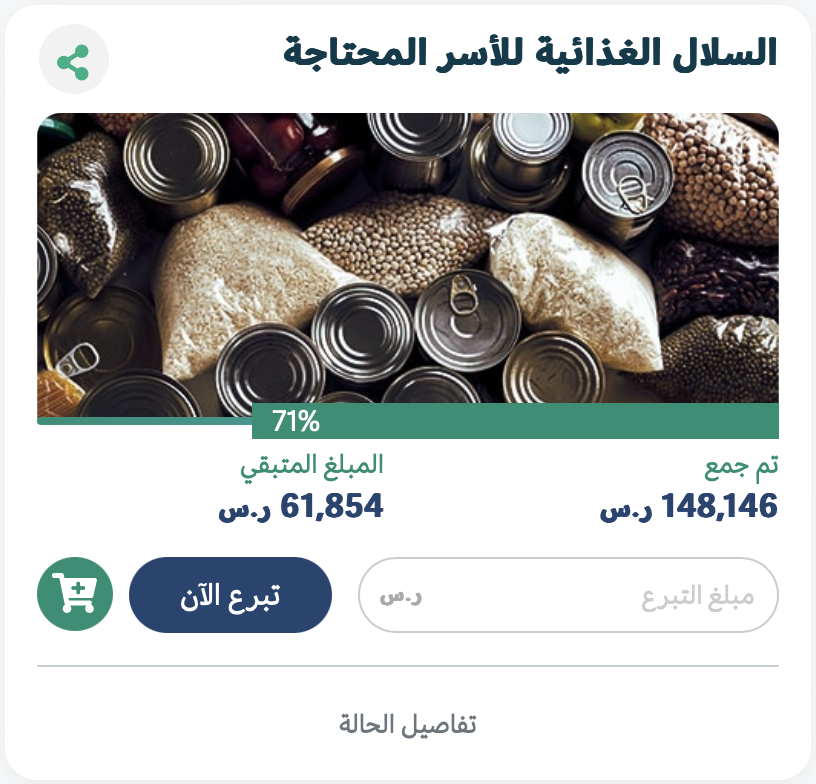Altruism

On May 2, 2023, the 12th of Shawwal 1444, Ehsan platform announced that the total donations had exceeded 4 billion riyals!
But why do some people donate part of their own money to someone else or an organization, even though they will not be rewarded for it and will not receive any goods or services in return for that amount?
Neoclassic economics is based on the principle of "maximizing self-interest," which means that individuals make decisions that maximize their own self-interest at all times. But is this always true?
When a person gives another person money or provides a service without expecting any return, this type of behavior is called altruism. It is a praiseworthy and positive behavior, as stated in the verse of the Qur'an: "They give preference over themselves even though they may be in need." Al-Hashr.
Some examples of altruism include volunteering, charity, helping the needy, and more. Altruism is one of the principles of behavioral economics to understand human nature in decision-making.

For example, many studies have been conducted indicate decisions that contain a type of altruism, such as the so-called "dictator game" the scenario goes as follows: a person is asked to make a decision about a certain amount of money, in which the person takes what they want from the amount and leaves the rest for someone else they do not know.
Although a large number of people take the entire amount, there is a percentage who leave a sum for the other person. This behavior is inferred from several interpretations, the most famous of which is altruism.
Altruism means spending a certain amount of money, effort, or time from a person for the benefit of another person without compensation!